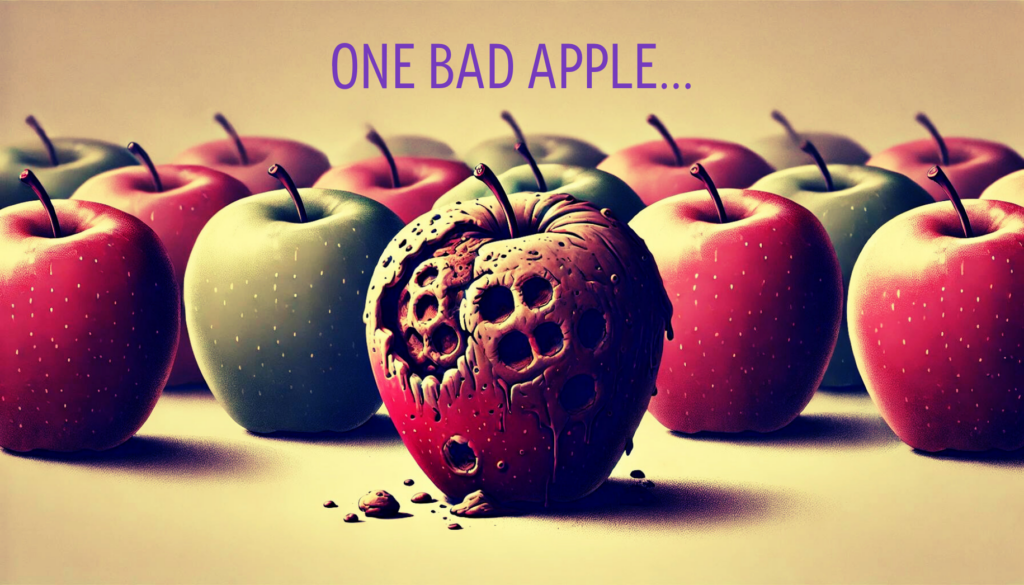Why assessing the character of your talent is a game-changer
Ralph Nader, SVP & Head of Talent at IPG Mediabrands, joins KANNY as a guest author. Connect with Ralph on LinkedIn.

Character in Hiring
While trends, market conditions, and required skills evolve, a person’s character remains crucial in making sound hiring decisions. A single poor hire can tarnish team dynamics and impact an entire organization.
Measuring Hard Skills
Assessing hard skills and qualifications is usually relatively straightforward—they’re often measurable through certifications, education, and demonstrable achievements. Whether evaluating a coder’s proficiency or a salesperson’s effectiveness for example, metrics can provide a clear snapshot of technical abilities and aptitude.
Evaluating Character
Conversely, evaluating critical traits such as integrity, honesty, humility, work ethic, respect, and harmony is more nuanced. These character traits are, in most instances, more important than hard skills because they are difficult to teach and require time and introspection to develop. Experienced interviewers can craft questions and scrutinize cues to gauge a candidate’s suitability and soft skills. Yet, it’s an imperfect science with a wide margin for error. For example, candidates can anticipate and prepare scripted answers, making it challenging to uncover authentic traits.
Character Influences Our Choices
Character forms the bedrock upon which hard skills thrive. It directly influences choices, behaviors, and interactions. This becomes especially crucial when decisions require judgment. Even in highly structured environments like the military or healthcare, where protocols are precise; personal judgment can mean life or death. In most other professions, these decisions affect financial outcomes, team success, and the overall success of an organization.
While hard skills can be trained, a person’s inclination to learn and adapt is less teachable. Strong character, therefore, plays a pivotal role in maximizing technical expertise and potential.
We Need to Measure Character
Ultimately, character is what distinguishes a strong hire from a weak one, which in turn shapes organizational culture. As the old adage goes: “One bad apple can spoil the whole bunch.” So despite its complexity; tools, assessments, or technologies that can aid decision-makers in accurately evaluating character can significantly enhance recruitment outcomes, and therefore, the success or failure of an organization.
Character assessment is game-changing!
Connect with Ralph on LinkedIn